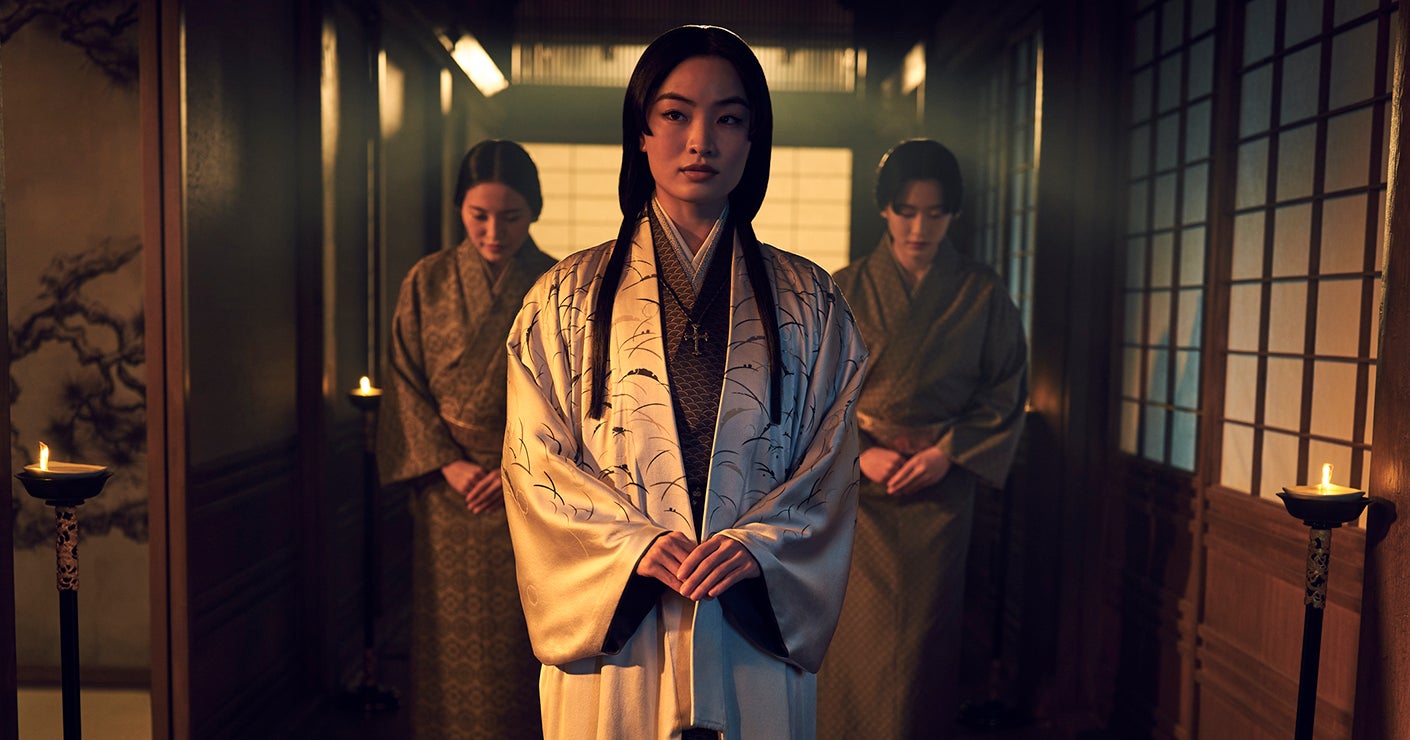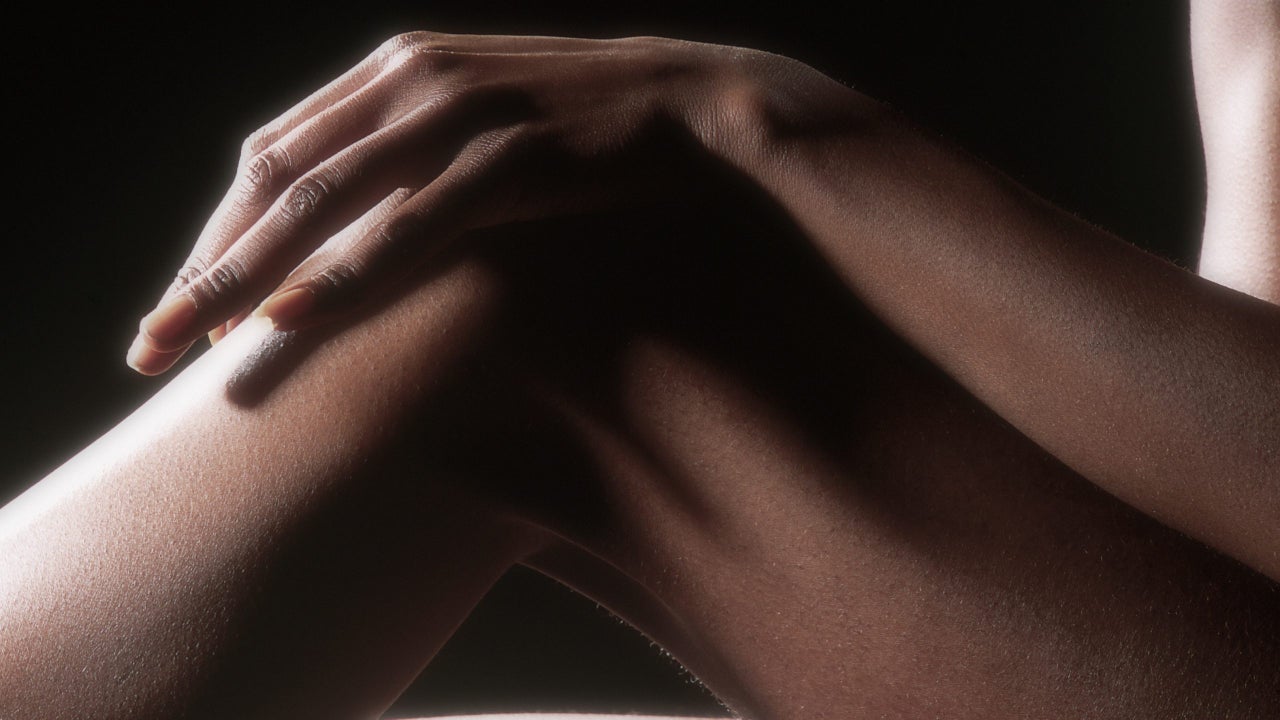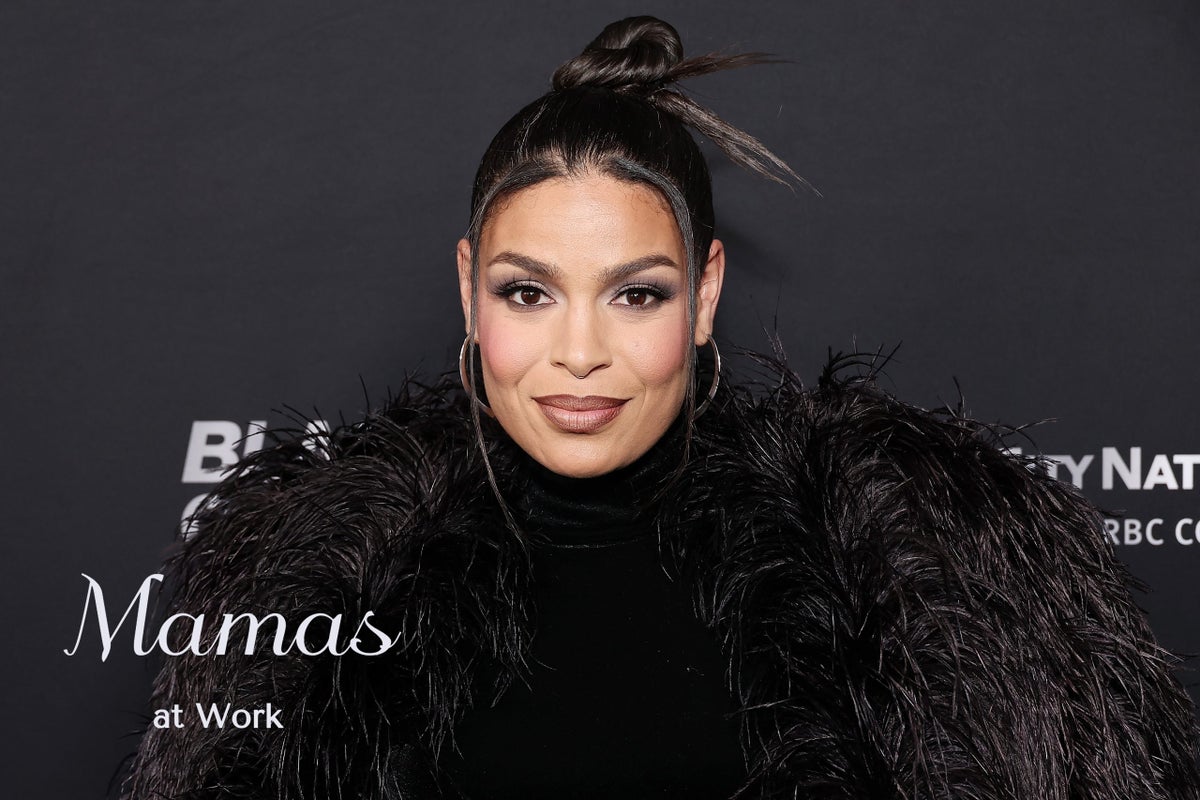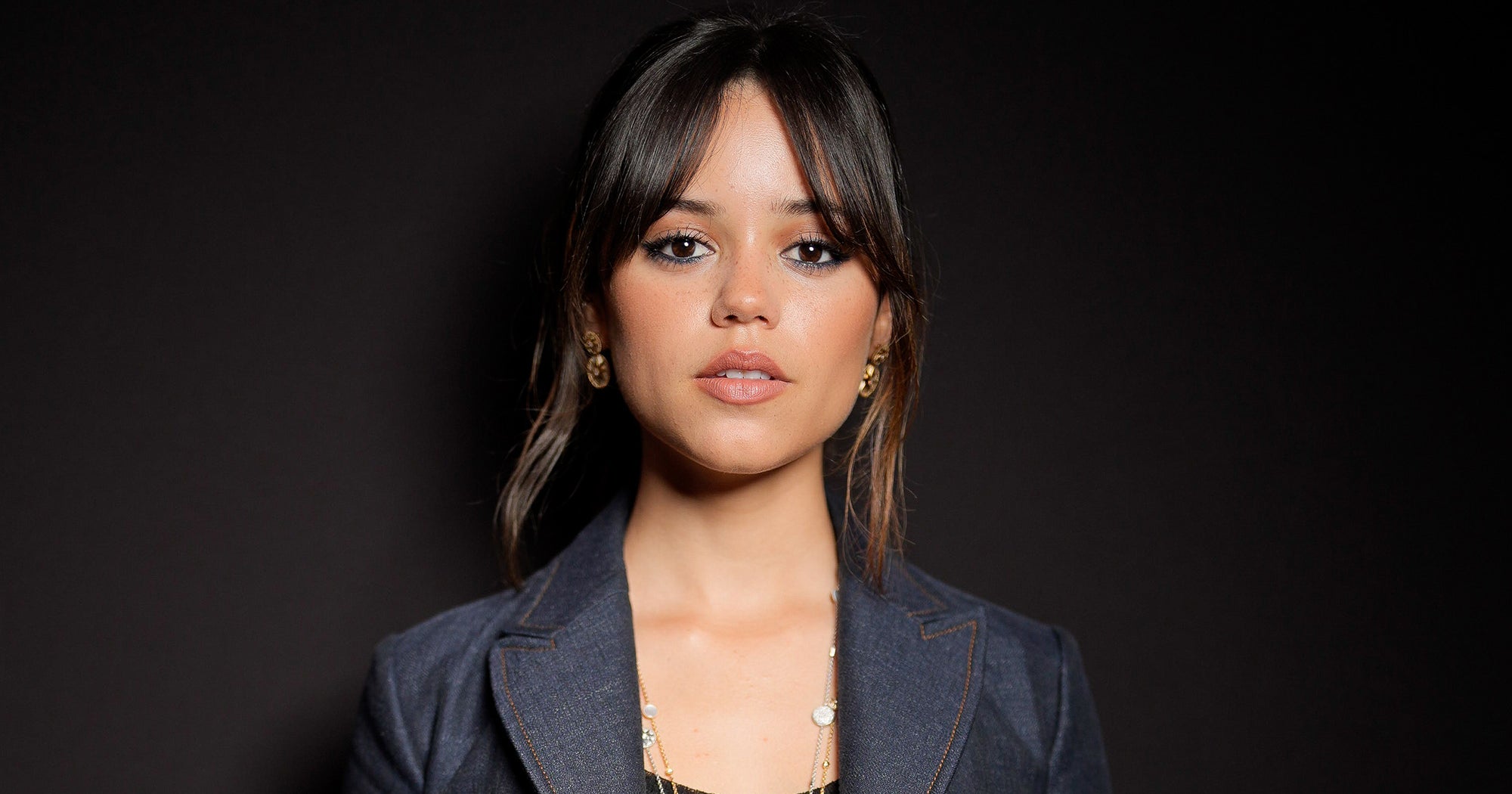
If you watched the Super Bowl LVIII on Sunday, you might have spotted Jenna Ortega getting silly with her family — no, not amid the crowd at Allegiant Stadium in Las Vegas but rather in a 60-second-long Doritos Dinamita ad.
In the commercial, directed by Brazilian filmmaker Gustavo Moraes and Marco Laver, also known as Alaska, two abuelas Dina (Patricia Mauceri) and Mita (Olivia Negron) go grocery shopping with their nieta, Ortega, but the sweet family trip to the local store takes a turn when actor Danny Ramirez grabs the last Doritos Dinamitas bag in the aisle. Dina and Mita start their mission to secure the bag from Ramirez and are not afraid to do whatever it takes to get it back.
It’s funny, it’s communal, and it’s so Latine — all important factors for the 21-year-old actor.
“It was the best for me,” Ortega tells Refinery29 Somos over Zoom. “It was just fun working with a bunch of people that I respected on something so silly. It felt like a nice celebration of Latine culture.”
A star in TV and film, commercials seemed like an appropriate next project, and there’s no bigger ad spot than the Super Bowl. “I feel like people watch the Super Bowl, really, for the commercials half the time, so it’s wonderful to be on such a big platform with a brand like Doritos, which is kind of the king of these commercials,” she says.
“It felt like a nice celebration of Latine culture.”
jenna ortega
Even better, unlike in her current hit series Wednesday and You or her past horror projects, the commercial is mirthful and light. It was refreshing, she jokes, to not play “someone who is on the verge of death or is constantly crying, to [instead] do something so innocent as to being lost in a bodega.”
Unlike some of her famed characters, who prefer to do life solo, Ortega loves being in community, and she was glad to work with a team of Latines in front and behind the camera for this commercial and for many of the other titles on her résumé.
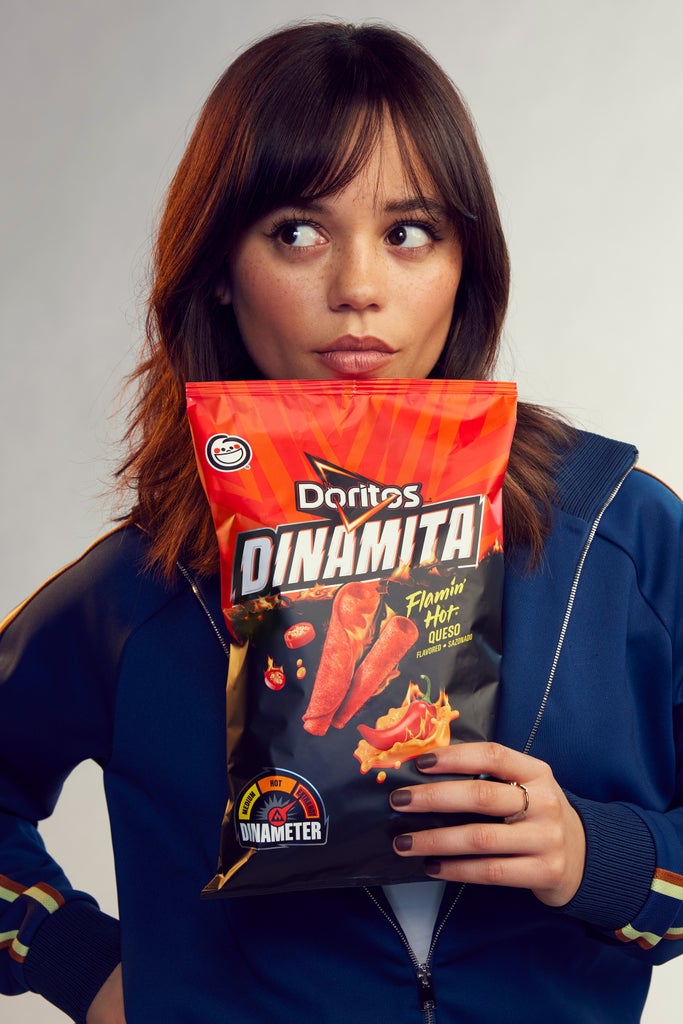
“I have been so blessed and so lucky with the people that I’ve gotten the opportunity to work with, not just because they’re immensely talented, but they’re just sweethearts, good people,” the Mexican-Puerto Rican star says. “It’s also great representation for Latinos. We all bring something different to the table, but I think that’s the thing about Latinos in general. We see one another. I don’t think that I’ve ever worked with a [Latino] cast or even crew member who I didn’t immediately feel some sort of connection to.”
“One of the main things that we are prideful of in our culture is the way that we ride for each other and the way that we love each other, and I think that that’s also why it’s important that there’s more of us on screen because that bond is so special and so unique and so profound that I think it translates on screen.”
jenna ortega
And according to Ortega, that inherent kinship makes for better filming and viewing experiences. “One of the main things that we are prideful of in our culture is the way that we ride for each other and the way that we love each other, and I think that that’s also why it’s important that there’s more of us on screen because that bond is so special and so unique and so profound that I think it translates on screen,” the Coachella Valley native says. “It’s just so heartwarming to see and do work with people that I work with. I love them all so much. They’re all my family.”
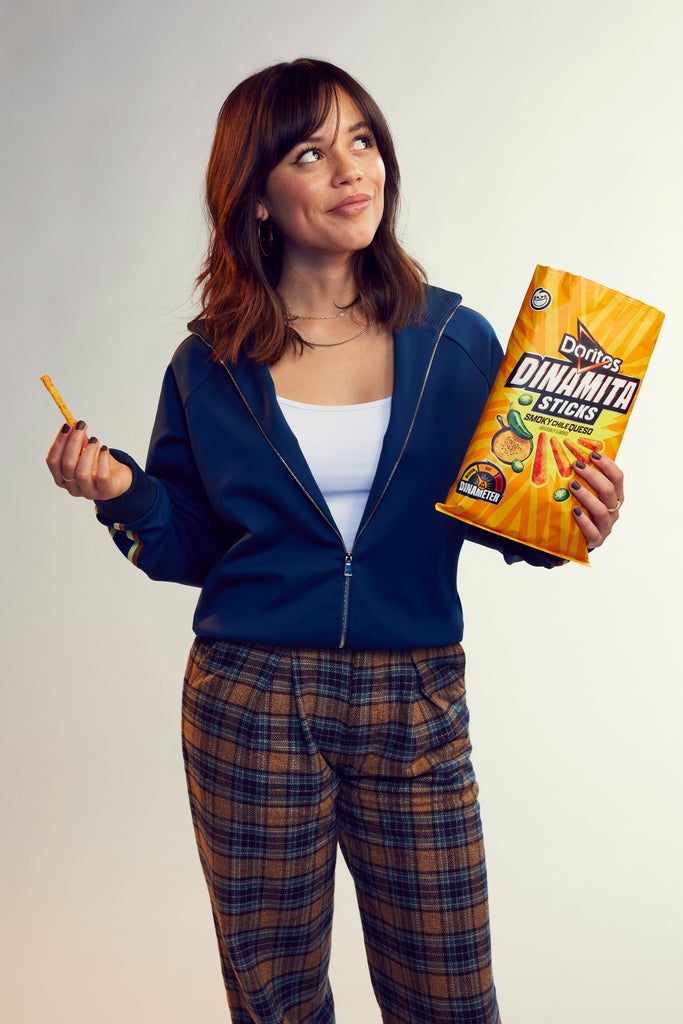
And Ortega is rooting for her family. Whether it’s Chilean-American actor Pedro Pascal at the Emmys or Honduran-American America Ferrera at the Oscars, Ortega is glad to be working in Hollywood at a time when so many of her fellow Latines in the industry are “blowing up.”
“We’re reaching a time when we can’t help but be heard and we can’t help but be seen.”
jenna ortega
“We’re really lucky to have had really wonderful Latinos to break down these barriers in the past, but I think that we’re reaching a time when we can’t help but be heard and we can’t help but be seen,” she says. “We’re very driven. And the more I see Latinos at parties, or these events, or these awards, there’s like a really comfortable connection and it makes you feel empowered, it makes you want to work harder, and it makes you want to work with these people.”
From movies and TV shows to streaming and commercials, Ortega is ready for even more representation of Latines — and she wants to see it all. There’s room for the Latines who speak English, Spanish, Portuguese, and/or other languages. There’s space for Latines who listen to reggaeton and those who prefer punk rock. There’s a need for the full range of heterogeneous Latine identities and experiences, including those who fit stereotypes and those who break away from them.
“I want to see us everywhere. I want us to be doing everything. I think that would be beautiful.”
jenna ortega
She offers her role as Wednesday Addams as an example of the latter. “It’s known that she’s Latina, she makes references, but it’s not something that you’re trying to force feed to everybody, which I think is similar to what it is like in the real world. It’s the way we are; it’s a reflection of what the world looks like and how people act. And it’s not a caricature or anything like that.”
In short, Ortega wants characters who reflect the depth and diversity of the people who make up the culture — and for Hollywood to accomplish that, it need to prioritize Latine roles.
“I want to see us everywhere. I want us to be doing everything. I think that would be beautiful,” Ortega says.
Like what you see? How about some more R29 goodness, right here?

